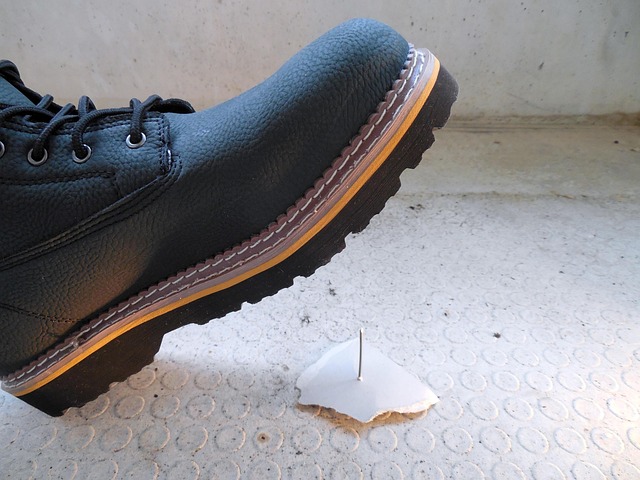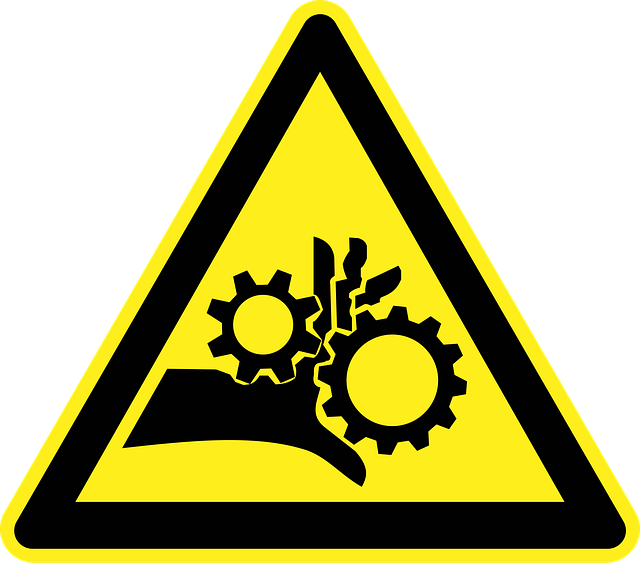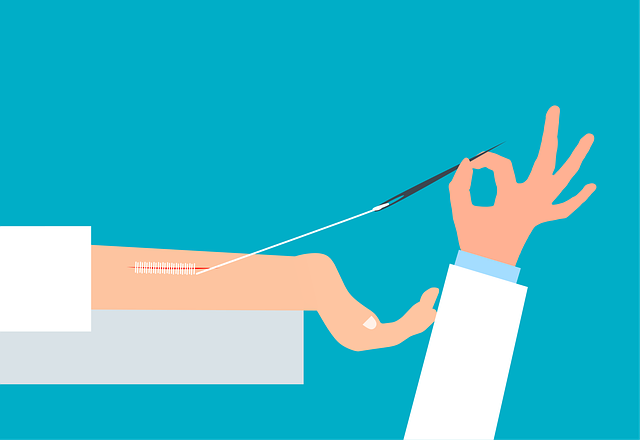In case of a Peoria injury, understanding legal rights is key. Assess accident details, identify liable parties, and evaluate injuries. Peoria law allows compensation for medical expenses, pain and suffering, lost wages. Act promptly as claims have time limits. Consult a specialized attorney for guidance, protection, and effective navigation through legal processes.
In search of justice for a Peoria injury? Understanding your legal rights is crucial. This comprehensive guide navigates the complexities of Peoria injury cases, empowering you to take action. From recognizing your entitlements to compensating for pain and suffering, we break down the steps to ensure fair redress. Whether facing a car accident or medical malpractice, this article equips you with the knowledge to pursue the justice you deserve in a Peoria injury case.
- Understanding Your Legal Rights in Peoria Injury Cases
- Navigating the Path to Justice: Steps After an Injury
- Compensating for Pain and Suffering: What You Need to Know
Understanding Your Legal Rights in Peoria Injury Cases

In the event of a Peoria injury, it’s crucial to recognize and understand your legal rights. Every person injured in such incidents deserves justice and fair compensation for their suffering. The first step is to assess the circumstances surrounding the accident; this includes identifying liable parties and understanding the scope of your injuries.
Peoria injury law provides victims with specific rights and protections. You may be entitled to seek damages for medical expenses, pain and suffering, lost wages, and more. It’s important to act promptly as there are time limits for filing claims. Consulting with an experienced attorney specialized in Peoria injury cases can ensure your rights are protected and help navigate the legal process effectively.
Navigating the Path to Justice: Steps After an Injury

Navigating the path to justice after an injury in Peoria can seem daunting, but understanding the steps involved can make the process smoother. First, it’s crucial to assess your injuries and gather evidence – this includes seeking medical attention promptly and documenting any relevant details like witness statements and photos of the scene. Next, identify who is liable for your injury; this could be an individual, a business, or a government entity.
In Peoria, personal injury claims typically involve contacting a lawyer specializing in Peoria injury cases to discuss your options and rights. They can help you understand the legal process, file necessary paperwork, and negotiate with insurance companies or defendants on your behalf. Don’t hesitate to reach out for support; ensuring justice for your injuries is a crucial step towards healing and recovery.
Compensating for Pain and Suffering: What You Need to Know

When dealing with a Peoria injury, one of the key aspects in seeking justice is understanding the compensation for pain and suffering. This goes beyond just financial gains; it’s about acknowledging and validating the emotional turmoil, physical discomfort, and overall reduced quality of life experienced by the victim. Pain and suffering damages can provide much-needed support during a time when medical bills, lost wages, and rehabilitation expenses might be piling up.
It’s important to note that determining compensation for pain and suffering involves various factors, such as the severity of the injury, duration of recovery, and impact on daily activities. A victim should document their experiences meticulously—from medical reports to personal accounts—to bolster their case. This process can be complex, which is why consulting with a skilled Peoria injury lawyer who understands the ins and outs of pain and suffering compensation is crucial in navigating the legal system effectively.
Seeking justice for injuries suffered in Peoria can be a complex process, but understanding your legal rights and taking the right steps after an accident is crucial. By navigating the system with knowledge and determination, individuals affected by Peoria injury cases can secure compensation for pain and suffering, ensuring they receive fair and adequate redress. Remember that each case is unique, so consulting with a qualified attorney is essential to explore the best course of action.
